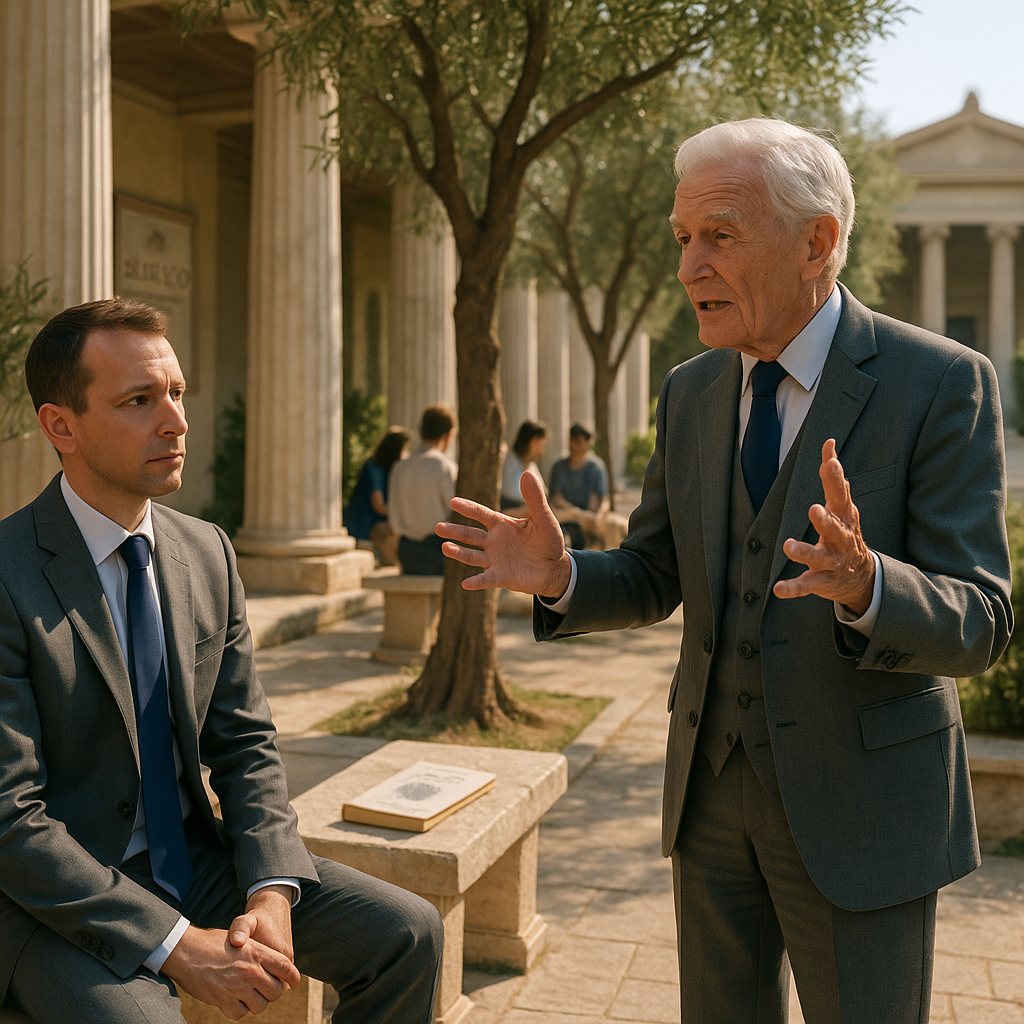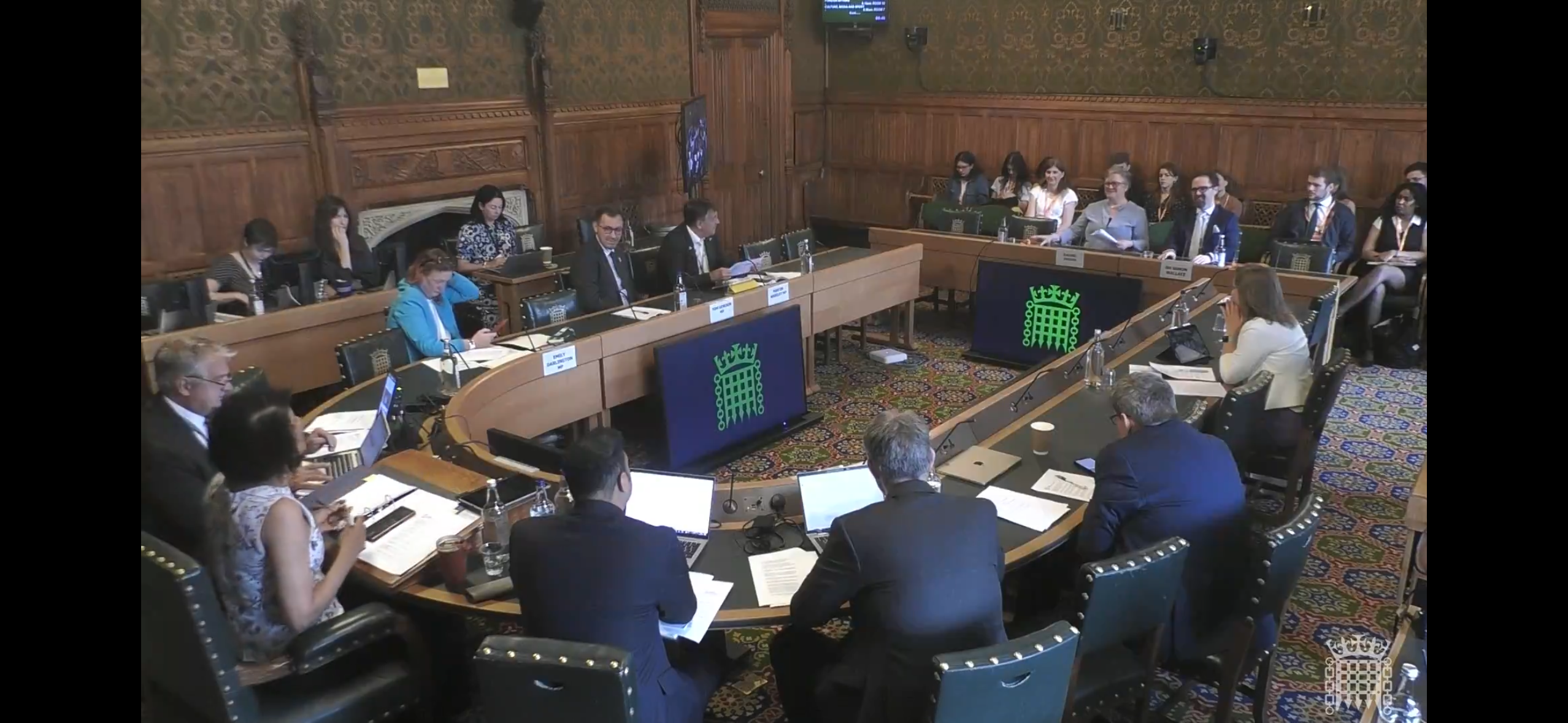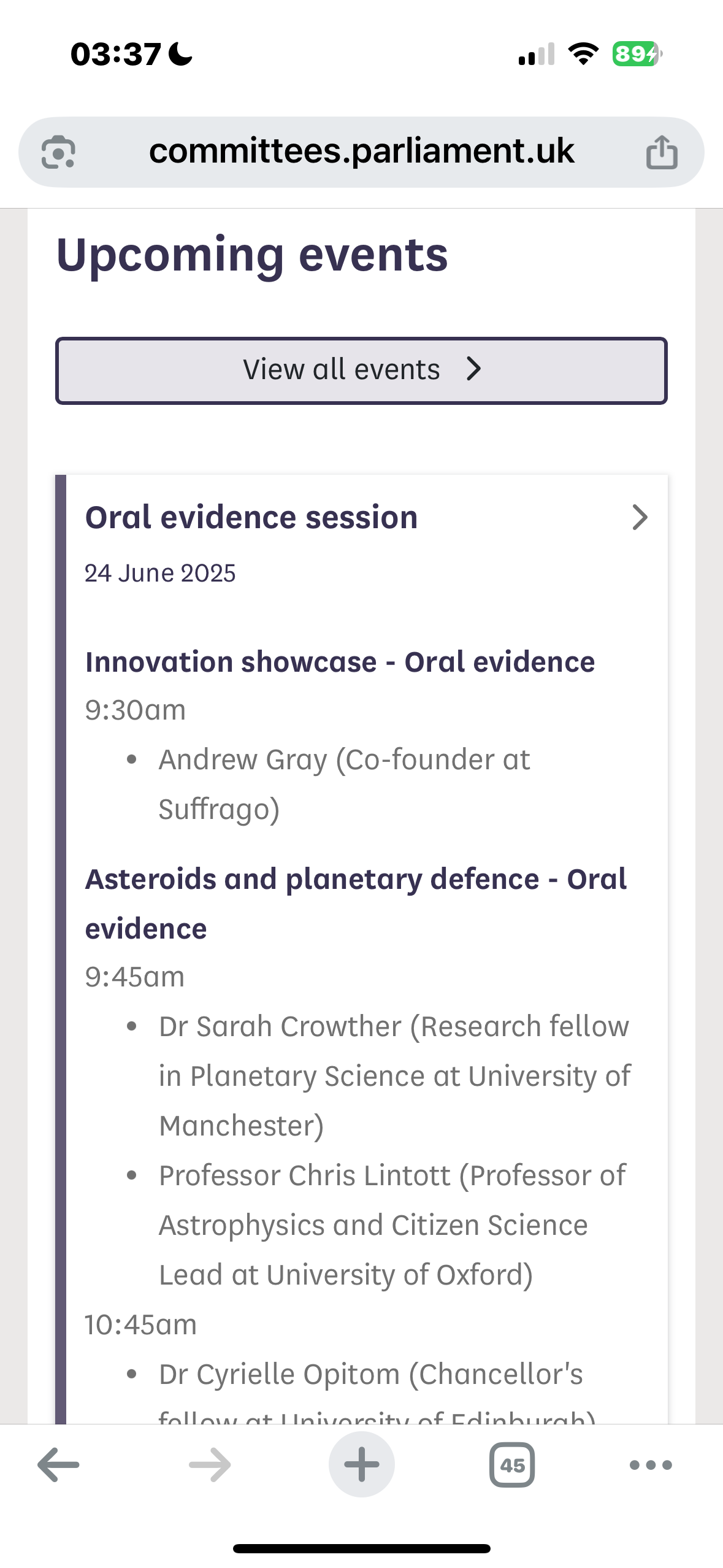Blairism and Borism
Saddo political anorak that I am, on what was a yet another gorgeous day (has the weather ever been better?), I cantered through – in awe – A Journey by [...]
Find out more about my consensus-based technology at Crowd Wisdom Project
Find out more about my consensus-based technology at Crowd Wisdom Project
Saddo political anorak that I am, on what was a yet another gorgeous day (has the weather ever been better?), I cantered through – in awe – A Journey by [...]
I’m a relatively new member of the Liberal Democrats. I was a Tory at school, because my parents were Tories. University broadened my mind: as Jordan Peterson states, conservatism is [...]

Read
This Article

Read
This Article

Read
This Article

Read
This Article
Copyright Andrew Gray of Cosensus Politics Ltd. All rights reserved. Terms & Conditions | Privacy Policy | Cookie Policy
Website by The Micro Agency.
